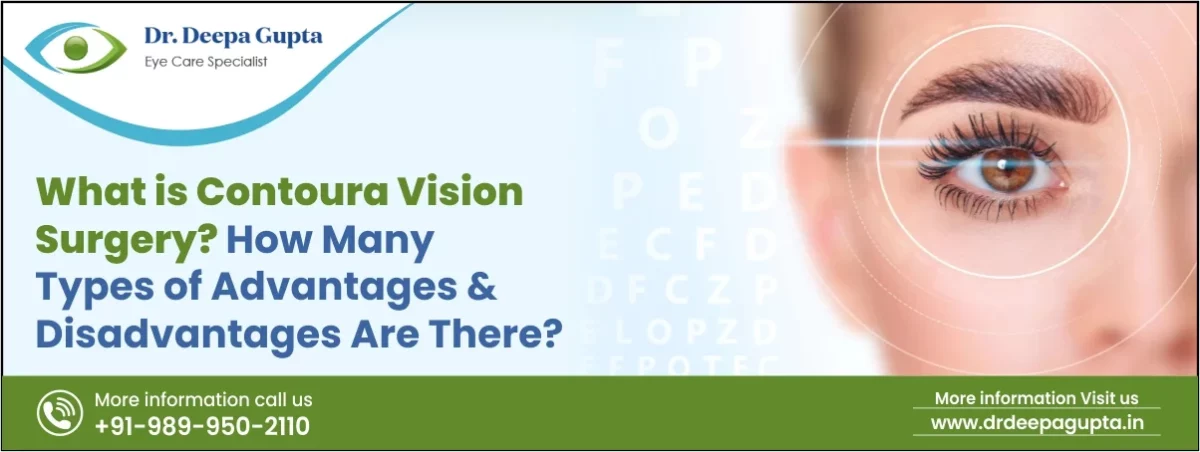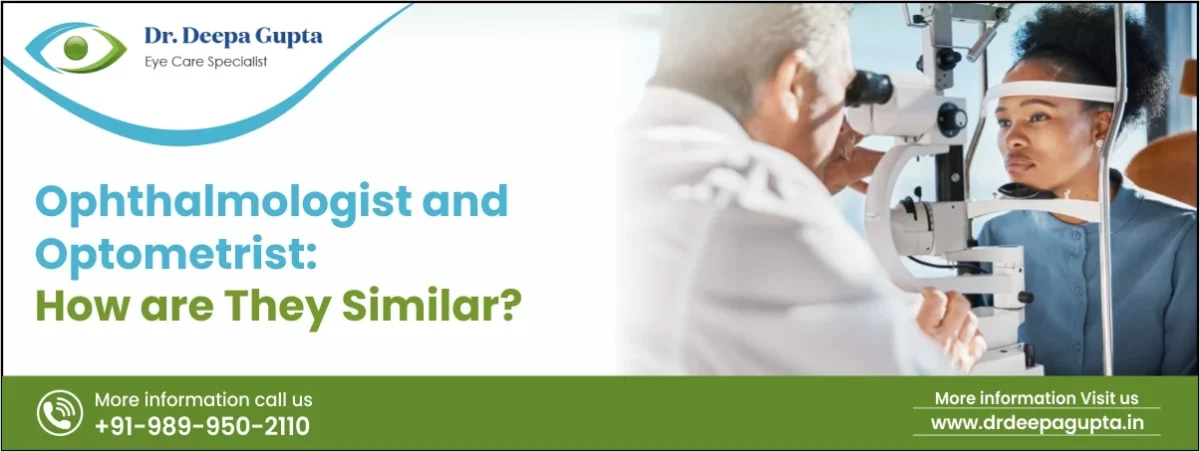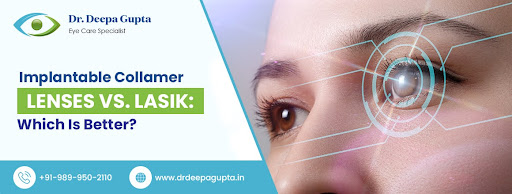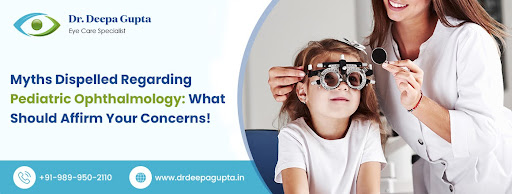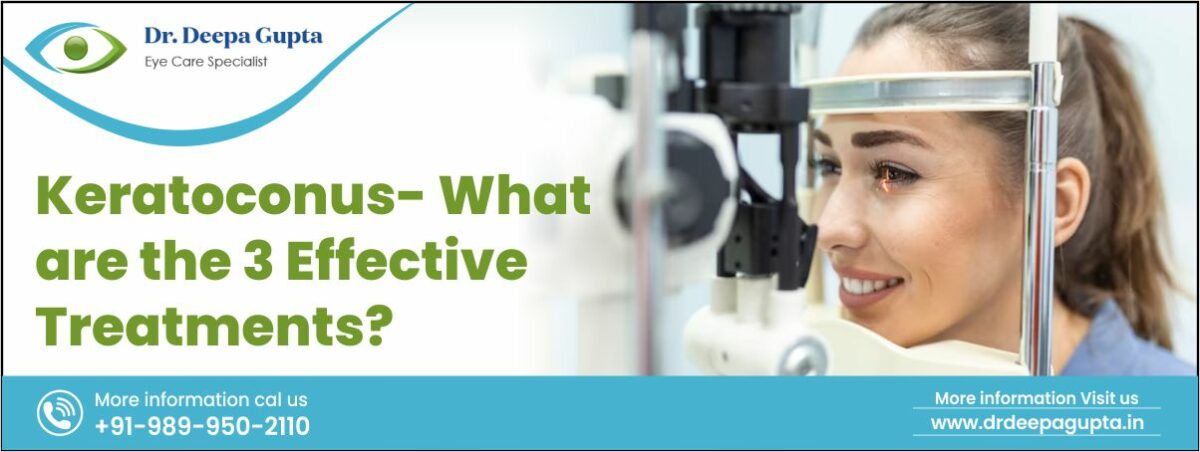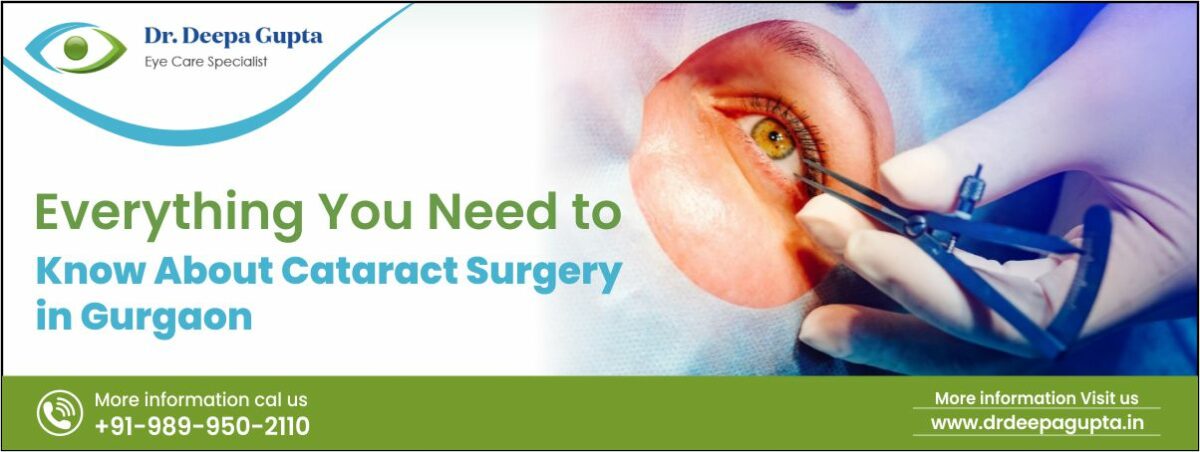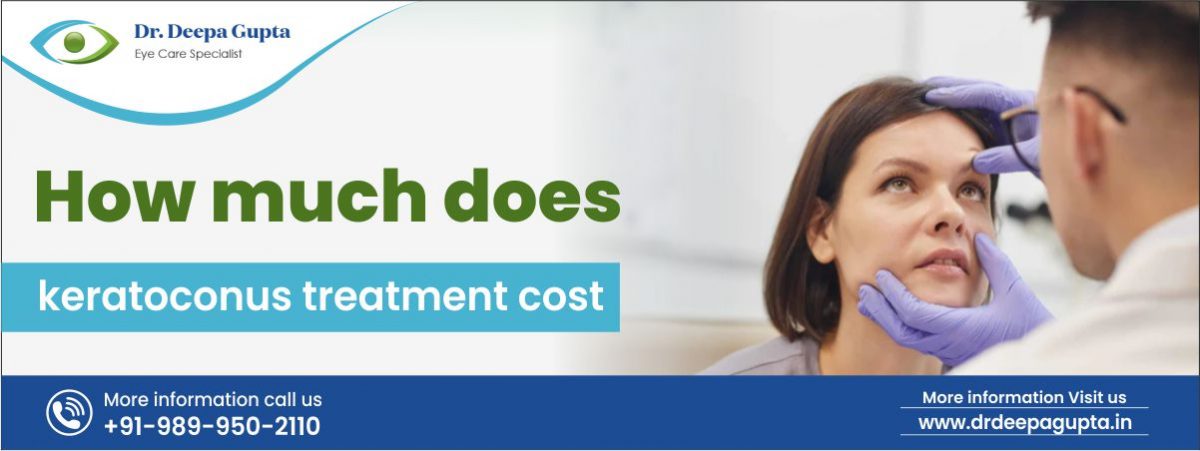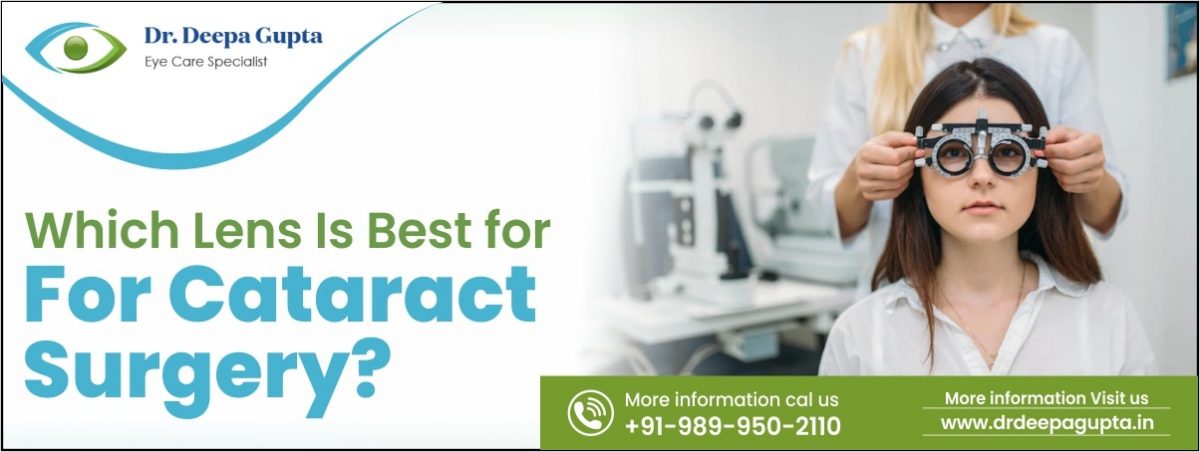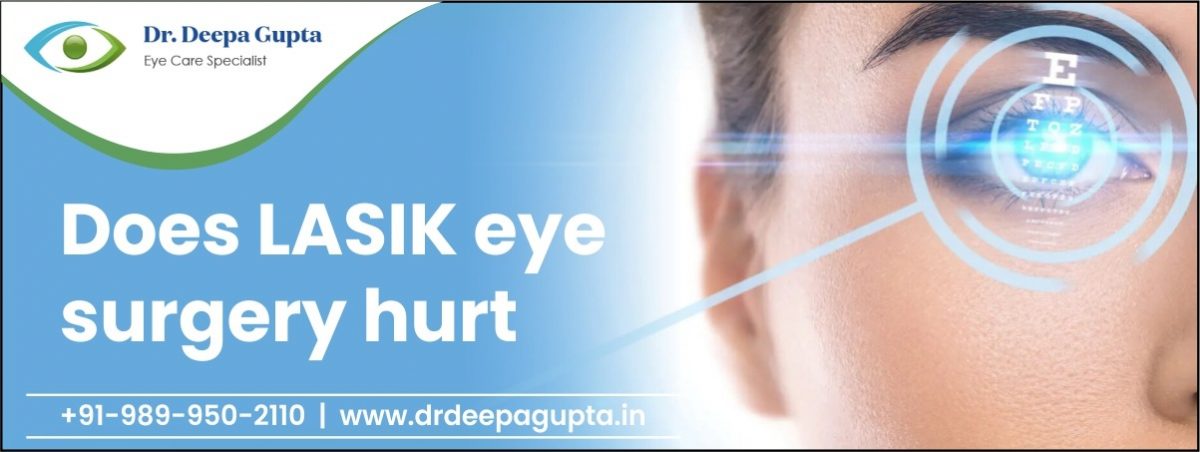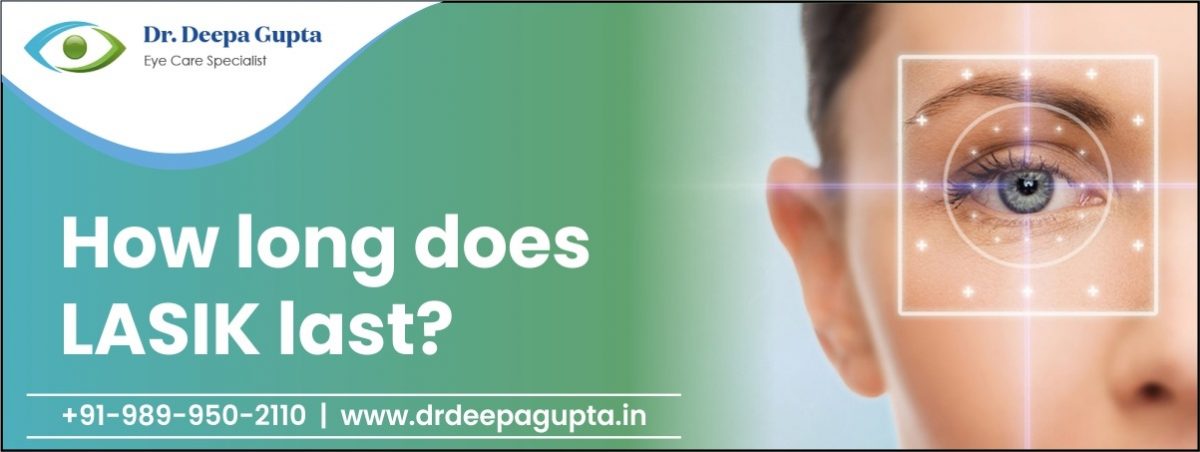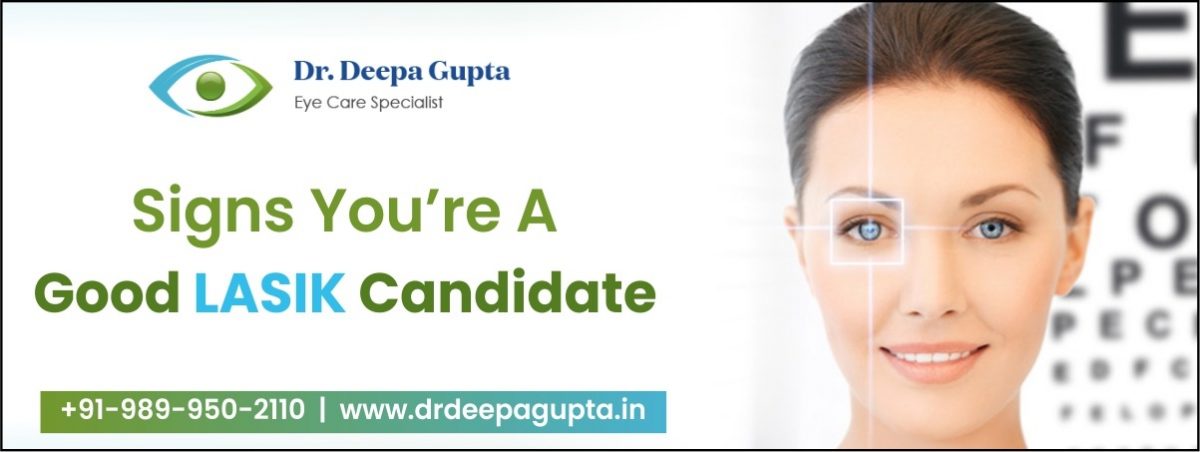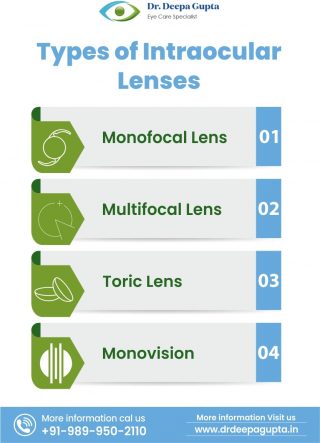What is a cataract?
A cataract is an ordinary vision impairment disorder that usually impacts older adults making their vision cloudy or blurry. When protein gathers in the natural lens of the eye, it results in restricting the light to pass through the lens and makes the vision unclear or cloudy. Moreover, if the problem of cataracts proceeds and is left untreated, it can eventually produce a loss of vision.
However, the rehabilitation or treatment depends on the severity of the cataract. If the vision of an individual can be restored with the use of glasses or contact lenses, the ophthalmologist will provide you with a prescription.
And if it can’t be restored with glasses or contact lenses and influencing the daily life of that individual, a surgery would be recommended.
In early times, the surgery or any treatment of cataract was usually done only when the cataract attained maturity. However, with recent advancements, cataracts are crushed inside the eye to make it much more uncomplicated. Safer cataract surgeries are performed much earlier. If you are looking for the best cataract treatment in Gurgaon connect with us today.
What Is The Duration Of Cataract Surgery?
Most people are concerned about the duration of cataract surgery. Nonetheless, cataract surgery is generally performed on an outpatient basis.
Cataract surgeries are of short duration and predictable. Depending upon the overall health of the patient and as long as a there’s not any major health issues, any severe eye complications can also be avoided.
The whole procedure of cataract surgery takes 20 minutes to one hour. The patient is asked to rest in the hospital premises until he or she loses the effect of anesthesia.
What Happens During A Cataract Surgery?
The entire process of surgery is given below :
Pre-procedure (1 to 2 weeks before surgery)
- The ophthalmologist will measure the size and shape of the eye. This is done to choose the best artificial lens for the patient.
- The patient may take ordinary feeds prior to the surgery
During Procedure
- Hereafter the surgery begins, a local anesthetic drop is used to numb the eye to be operated on.
- The ophthalmologist will create a little incision in the front of the eye named the cornea.
- Around this, the doctor will prick or puncture with a tiny tool to shatter up the cataract and gently suction it out.
- Ultimately, the new lens will be placed into the eye, and the eye will then be vacated open without any bandage or dressing.
What Is The Recovery Procedure After Cataract surgery?
Typically, the cataract surgery healing should be comprehensive in about a few days and the eye of the patient should be entirely recovered.
It is perfectly normal for vision to become blurred, or disorienting immediately after using surgical drops to dilate the pupils.
It may take some time for the visual system to adjust to the removal of the cataract and to the new intraocular lens used to replace the natural lens in the eye.
During this adjustment period, some patients may report rippled or distorted vision. This is normal and should only last a few hours.
Some patients may also experience red, bloodshot eyes due to temporary damage to the blood vessels on the surface of the white eye during cataract surgery.
As the eye heals, the redness should disappear very quickly within a few days. Some patients even complain of dry eyes or itching after surgery. These sensations are related to eye lubrication and should subside as the eye heals.
This will also fade after a few days. Many people report brief, clear vision within hours of surgery. But each person heals differently, and some people may need a week or two before they can focus and see images.
The patient is asked for a follow-up visit with the cataract surgeon the day after surgery. If the patient does not see any improvement in pre-existing blurred vision or has eye pain despite taking pain medication in the days following this visit, the patient should report this to the physician for surgery as soon as possible.
Tips to have a Successful Recovery?
Many people can return to normal activities even the day after cataract surgery. However, the patient should follow some precautions during the first week to make sure that they don’t get an infection or injury to their eye while it heals.
The ophthalmologist will prescribe antibiotic eye drops to prevent infection and anti-inflammatory eye drops to reduce internal inflammation.
The patient will need to use the eye drops several times a day as prescribed for several days while recovering from cataract surgery.
Oral analgesics may be less commonly prescribed in the first few days after surgery in case of pain and discomfort.
What are the various tips for fast recovery from cataract surgery:
- Avoid driving after the first few days of surgery especially if the other eye has a cataract.
- Avoid exposure to annoyances similar to dust, pollen, and other allergens during the first many weeks after surgery.
- Do not rub your eyes with dirty fritters at any cost.
- Dodge taking a shower or splashing any water into the eyes

